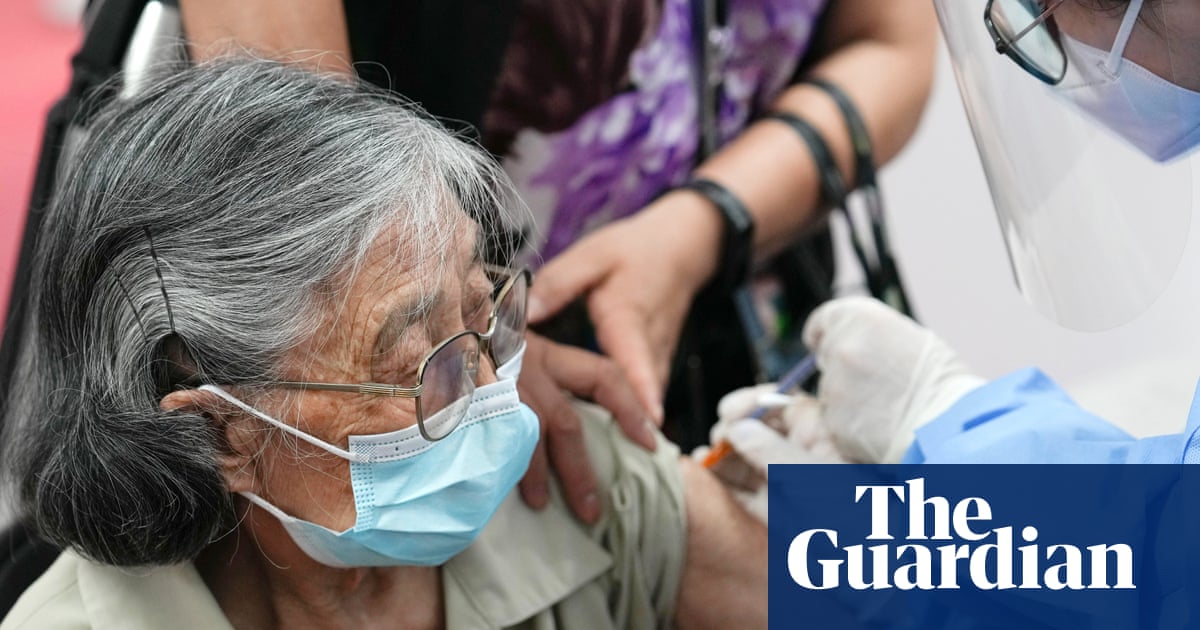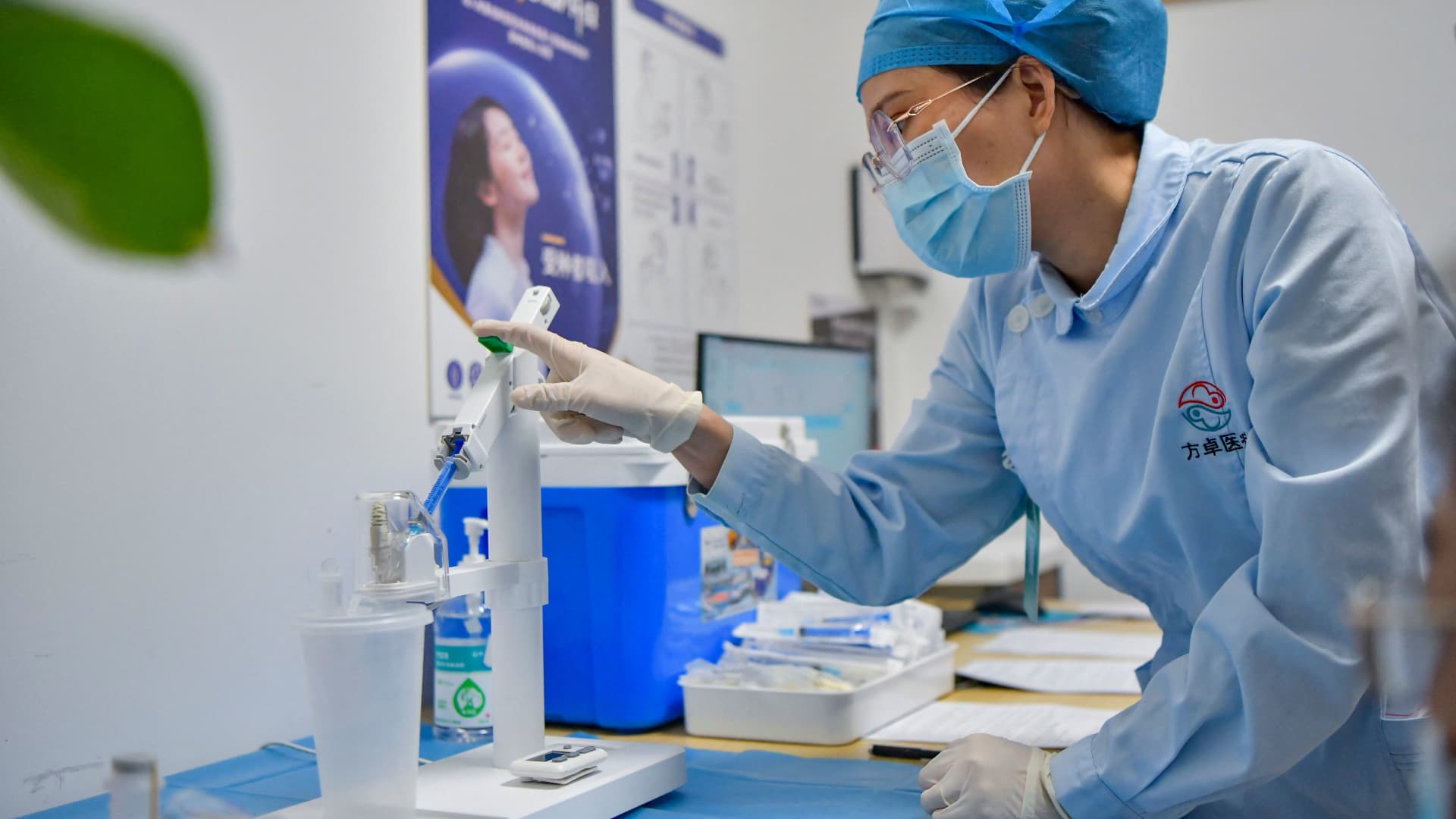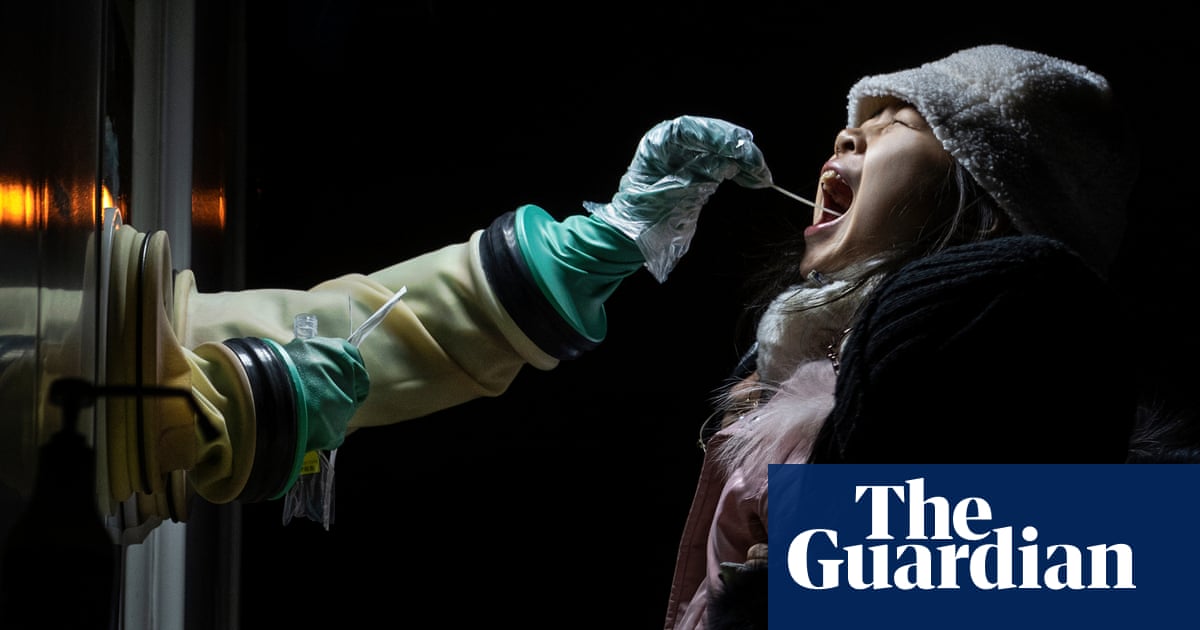China COVID Protests: Guangzhou Eases Restrictions as Tensions Rise

The Spin
Pro-China narrative
The COVID situation is tenuous and dangerous in China, but PRC officials are doing their best to reduce the inconvenience to citizens in economic and public life. That said, the virus is spreading quickly across the country in a complex way, and is a threat to public health and safety. There must be even more targeted measures now, but a whole-of-society approach is needed to navigate the COVID threat.
Anti-China narrative
Though the protests began as a simple show of opposition against Beijing's authoritarian COVID policies, the movement is quickly becoming the most comprehensive threat to the CCP since 1989. With some now calling for the fall of the regime, Xi Jinping may have to worry about his political future, as the country increasingly moves against authoritarianism. Security forces have avoided using brutality so far, but the future could see some of the worst violence since the Tiananmen Square massacre.
Establishment-critical narrative
There's a certain irony to Trudeau voicing support for COVID protesters in China less than a week after testifying in an inquiry into his own authoritarian crackdown on the Freedom Convoy protests earlier this year. The West appears to have double standards when it comes to how they themselves and China are expected to behave.
Metaculus Prediction
There's a 55% chance that any current provincial-level administrative divisions of China will formally declare independence from China before 2050, according to the Metaculus prediction community.




